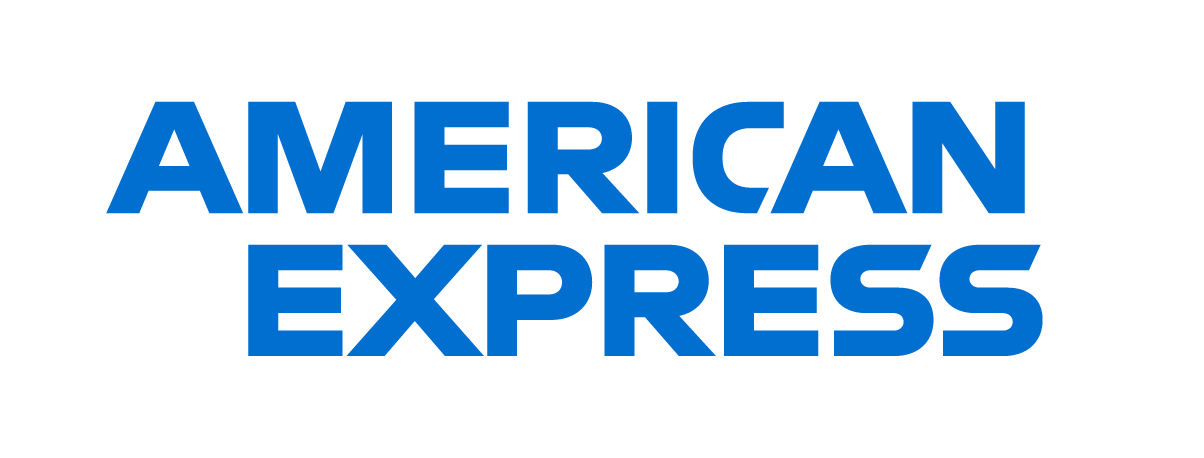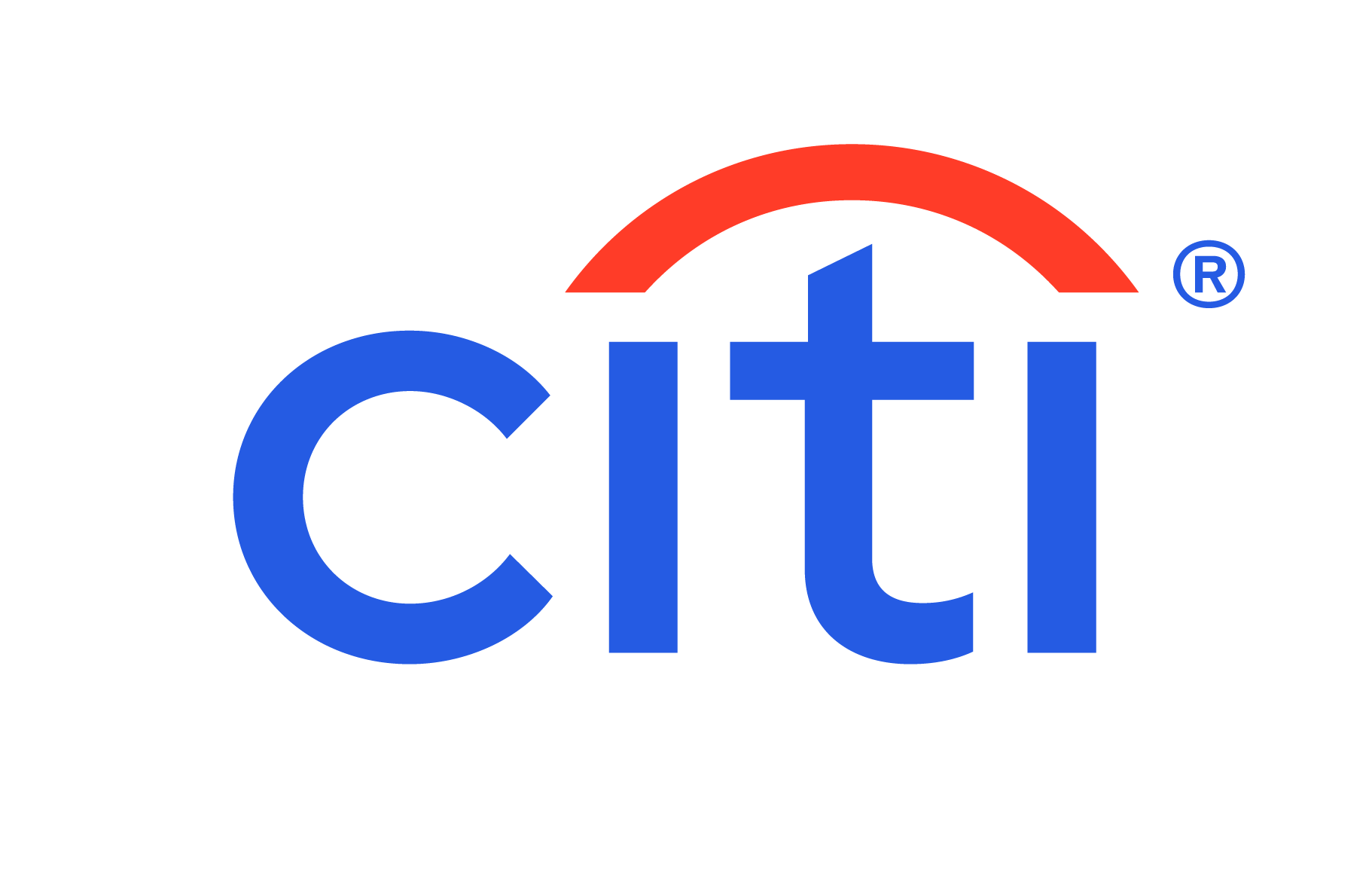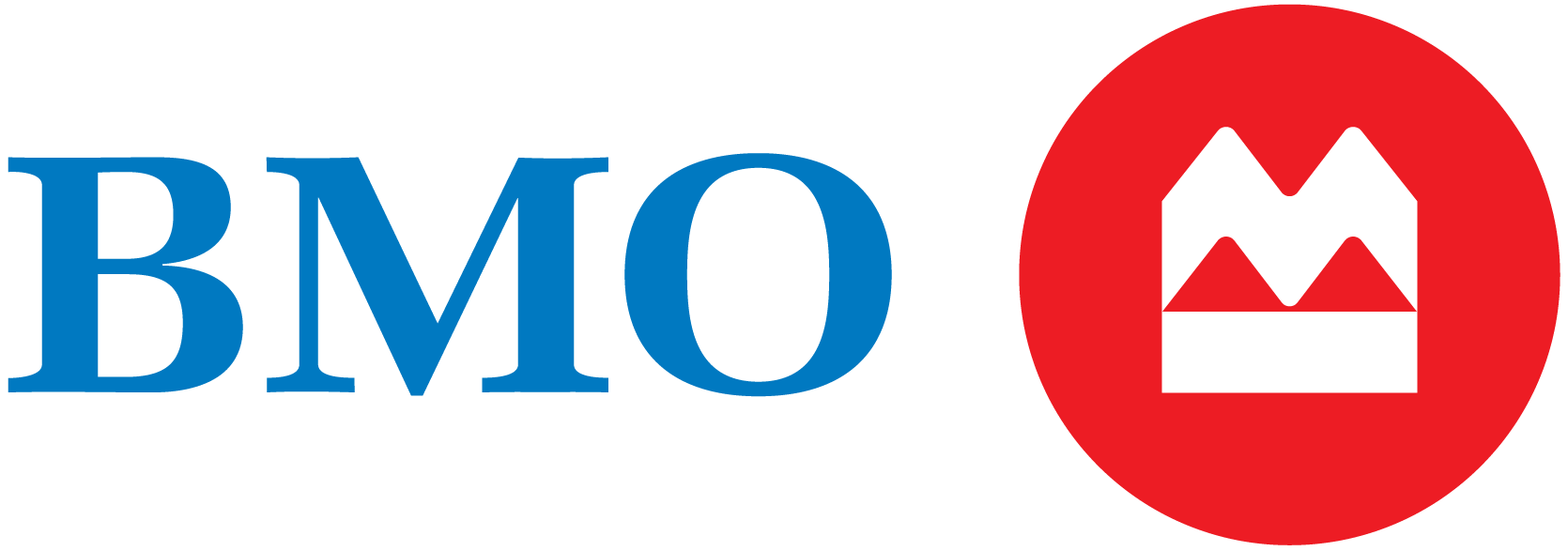5 [QA] Best Savings Accounts
Many or all of the products on this page are from partners who compensate us when you click to or take an action on their website, but this does not influence our evaluations or ratings. Our opinions are our own.
The best savings accounts should come with great customer service, cutting-edge technology and higher-than-average interest rates, and they should have low or no fees. NerdWallet staff analyzed, compared and rated dozens of banks and credit unions before selecting the savings accounts that offer the best combination of consumer-friendly features. (Most of these banks are NerdWallet partners, which was not a factor in our evaluations.) Our selections are below.
[QA] Best Savings Accounts
| Bank/institution | NerdWallet rating | APY | Bonus | Learn more |
|---|---|---|---|---|
4.1/5 | 3.50% With $0 min. balance for APY | $200 Requirements to qualify | Learn moreon partner's site at Discover® Bank, Member FDIC | |
American Express® High Yield Savings Account Learn moreon partner's site at American Express National Bank, Member FDIC | 4.5/5 | 3.60% With $0 min. balance for APY | N/A | Learn moreon partner's site at American Express National Bank, Member FDIC |
Not yet rated | 0.03% With $1 min. balance for APY | N/A | ||
4.4/5 | 3.50% With $0 min. balance for APY | N/A | ||
4.5/5 | 4.50% With $0.01 min. balance for APY | N/A |
APY
3.50%
With $0 min. balance for APY
Bonus
$200
Requirements to qualify
Our Take
The interest rate for Discover Online Savings account is among the highest at APY, and there are no fees, which means there are no monthly fees, no overdraft fees and no minimum amount to open an account. And there’s a bonus, if you’re eligible.
This savings account was named one of the best in NerdWallet's 2019 Best-Of Awards.
Discover says: “To get your $150 or $200 bonus offer: What to do: Apply for your first Discover Online Savings Account by 12/2/19, 11:59 p.m. ET, online or by phone. Enter Offer Code NW1119 when applying. Deposit into your account a total of at least $15,000 to earn a $150 Bonus or deposit a total of at least $25,000 to earn a $200 Bonus. Deposit must be posted by 12/16/19, 11:59 p.m. ET. Maximum bonus eligibility is $200. What to know: Offer not valid for existing or prior Discover savings customers or existing or prior customers with savings accounts that are co-branded or affinity accounts provided by Discover. Account must be open when bonus is credited. Bonus will be credited to the account by 12/30/19. Bonus is considered interest and will be reported on IRS Form 1099-INT. Offer may be modified/withdrawn without notice."
See Discover's website for more details.
APY
3.60%
With $0 min. balance for APY
Bonus
N/A
Our Take
Beyond credit cards, American Express offers a standout savings account. You don’t have to worry about any monthly fees or minimum balances, and phone support is available 24/7. You can link up to three accounts you have at other banks to make online transfers. The banking experience isn’t designed for frequent transactions, so no checks or ATM or debit cards come with the account. Check deposits can only be mailed, since the bank’s mobile app is currently only for credit card holders.
APY
0.03%
With $1 min. balance for APY
Bonus
N/A
Our Take
Very good account
APY
3.50%
With $0 min. balance for APY
Bonus
N/A
Our Take
Beyond credit cards, American Express offers a standout savings account. You donu2019t have to worry about any monthly fees or minimum balances, and phone support is available 24/7. You can link up to three accounts you have at other banks to make online transfers. The banking experience isnu2019t designed for frequent transactions, so no checks or ATM or debit cards come with the account. Check deposits can only be mailed, since the banku2019s mobile app is currently only for credit card holders.
APY
4.50%
With $0.01 min. balance for APY
Bonus
N/A
ON THIS PAGE
What is a savings account? A savings account holds money that you don’t need for daily spending. Unlike most checking accounts, savings accounts earn interest — that’s money the bank adds to your account just for keeping it with the institution. The higher your bank’s savings account interest rate, the faster your balance will grow. What do the best savings accounts look like? The best savings account interest rates are close to 2.00% or higher. At a brick-and-mortar bank, you'll often find savings rates closer to the national average, which is currently 0.38%.
If you have a $5,000 savings balance, choosing an account that pays 2.00% will earn you about $100 in a year, while an account paying you the average would earn about $5. The difference increases the more you deposit and the longer you keep it in the account.
The best savings accounts also typically don’t charge monthly fees.
» Find out how your savings could add up with NerdWallet’s compound interest calculator.Why are all of NerdWallet's picks for best savings accounts online?It's easy to find a savings account at your local bank, but if you want to earn a high rate and pay the lowest fees, you should consider storing your savings online. Without the added expenses of large branch networks, online banks are able to offer more favorable returns than national brick-and-mortar banks.
» Learn more about NerdWallet's favorite high-yield online savings accounts. Is my money safe in an online savings account? Yes. All of the best savings accounts in NerdWallet's analysis are insured, just like bank accounts at national institutions. Most are insured by the Federal Deposit Insurance Corporation and others are insured by the National Credit Union Administration. Both cover up to $250,000 per depositor, per institution and per account type, in case your bank fails. Can savings accounts lose money? No. Unlike investment accounts, savings accounts are guaranteed not to lose money — provided your money is insured by the FDIC or NCUA. Whatever you put in an FDIC- or NCUA-insured account will stay there, unless your account charges fees (and, of course, unless you withdraw money). Why should I care about the best savings account rates? If you have money left in your checking account each month — or you can adjust your budget so that you do — you should have a savings account with a high rate. (Again, think around 2.00%.) It's always helpful to have money set aside for emergencies, and it'll earn you much more in an account that pays one of the best savings account rates than in a checking account.
Just make sure you can keep enough in your savings account to avoid monthly fees. Most online savings accounts don't charge these, but many traditional accounts do. Do the best savings account interest rates change over time? Yes, rates are variable and can change over time. The accounts featured in this article are among those with the consistently highest rates. When do savings rates change? Banks and credit unions generally don’t change savings rates on an hourly, daily or even monthly basis. In fact, it’s common to see APYs remain the same for several months.
It’s important to note, however, that rates are variable and theoretically can change at any time. In addition, many banks will change their rates based on what their competitors are doing. You will often see groups of banks increase or decrease their APYs at around the same time, especially if the Federal Reserve recently hiked or cut rates.
To get the best yield for your money, it’s a good idea to check out the best savings rates on a regular basis — at least once a month. Savings account terms you need to know: Savings account: A deposit account from a bank or credit union that earns interest.
Interest: Money a bank pays into an account over time.
Compound interest: Compound interest is the interest you earn on both your original money and on the interest you keep accumulating. In an account that pays compound interest, the return is added to the original principal at the end of every compounding period, typically daily or monthly. Each time interest is calculated and added to the account, the larger balance earns more interest.
Annual percentage yield: The annual percentage yield, or APY, is the amount of interest an account earns in a year. The calculation is based on the account’s interest rate and the number of times interest is paid during the year.
» Read more about 10 essential banking terms you need to know. Are there other ways to save money besides a savings account? Yes. Here are a few options:
Money market accounts: These accounts are a type of savings account, but they might have higher minimum balances and offer perks such as check-writing, which not all savings accounts do.
Certificates of deposit: These accounts lock your balance away for a specified period of time — often between one year and five years — in exchange for a higher interest rate. But if you withdraw any money during the term, you'll often have to pay a penalty. CDs are also covered by FDIC insurance.
Mutual funds: If you have a 401(k) through your job or an individual retirement account, or IRA, odds are you are putting some of your money in mutual funds. These are a type of investment that holds a little bit of many different types of stocks. Mutual funds are not covered by FDIC or NCUA insurance, and you can lose money on them — but you'll also typically earn a higher rate of return than you would on a savings account. They're best for long-term savings goals, such as retirement.
» Find out more about your savings account options. Is savings account interest taxable? Yes. Technically, all savings account interest is taxable, but your bank probably won't send you a form reporting it unless you've earned more than $10. So if you have a high-yield savings account, you're much more likely to pay taxes on your interest. You'll pay at your normal tax rate.
Last updated on September 1, 2019
Methodology
We took a close look at over 70 financial institutions, including the largest U.S. banks based on assets, debit card volume, internet search traffic and other factors; the nation’s largest credit unions, based on deposits as well as broad-based membership requirements; and other notable and/or emerging players in the industry. We rated them on criteria including annual percentage yields, minimum balances, fees, digital experience and more.
Financial institutions surveyed include: Alaska USA Federal Credit Union, Alliant Credit Union, Ally Bank, America First Credit Union, American Express, Aspiration, Associated Bank, Axos Bank, Bank5 Connect, Bank7, Bank of America, Bank of the West, Barclays, BB&T, BBVA, Boeing Employees Credit Union, BMO Harris, Capital One 360, Charles Schwab Bank, Chase, Chime, CIT, Citibank, Citizens Access, Citizens Bank, Comerica Bank, Commerce Bank, Connexus Credit Union, Consumers Credit Union, Discover Bank, E-Trade, Fidelity, Fifth Third Bank, First National Bank, First Tech Federal Credit Union, GoBank, Golden 1 Credit Union, GS Bank, HSBC Bank USA, Huntington Bank, KeyBank, MetaBank, M&T Bank, Moven, Navy Federal Credit Union, Pentagon Federal Credit Union, PNC, Popular Direct, PurePoint Financial, Radius Bank, Redneck Bank, Regions Bank, Sallie Mae Bank, Santander Bank, SchoolsFirst Federal Credit Union, Security Service Federal Credit Union, Service Credit Union, Simple, State Employees’ Credit Union of North Carolina, State Farm Bank, Suncoast Credit Union, SunTrust Bank, Synchrony Bank, TCF Bank, TD Bank, TIAA Bank, Union Bank, UFB Direct, USAA, U.S. Bank, Varo, Vio Bank, Wells Fargo and Zions Bank.
How we rate banks and credit unions
NerdWallet's [QA] Best Savings Accounts
- Discover® Online Savings: 3.50% APY
- Bank of America Rewards Savings Account: 0.03% APY
- American Express® High Yield Savings Account: 3.60% APY
- Citi® Accelerate Savings: 3.50% APY
- BMO Online Savings: 4.50% APY
Frequently asked questions
Is my money safe in an online savings account?
Yes. Most savings accounts are insured by the Federal Deposit Insurance Corporation and others are insured by the National Credit Union Administration. Both cover up to $250,000 per depositor, per institution and per account type, in case your bank fails. All of the best savings accounts in NerdWallet's analysis are insured, just like bank accounts at national institutions.
How do savings accounts work?
You can deposit your money at your financial institution through cash, check or bank transfer, and it will safely earn interest while it is in your account. With savings accounts, money is insured up to $250,000 per depositor, so your funds are safe.
How much money should I keep in my savings account?
A savings account holds money that you don’t need for daily spending. It can be a great spot to park your emergency fund or money that you're setting aside for a specific purchase, like a vacation or a down payment on a house. Since everyone's savings goals are different, the amount of money that you should keep in your savings account varies depending on your situation. Unlike most checking accounts, savings accounts earn interest — that’s money you receive in your account just for keeping it with the institution. The higher your savings account interest rate, the faster your balance will grow. You can find accounts with the highest rates in NerdWallet's list of the best savings accounts.




